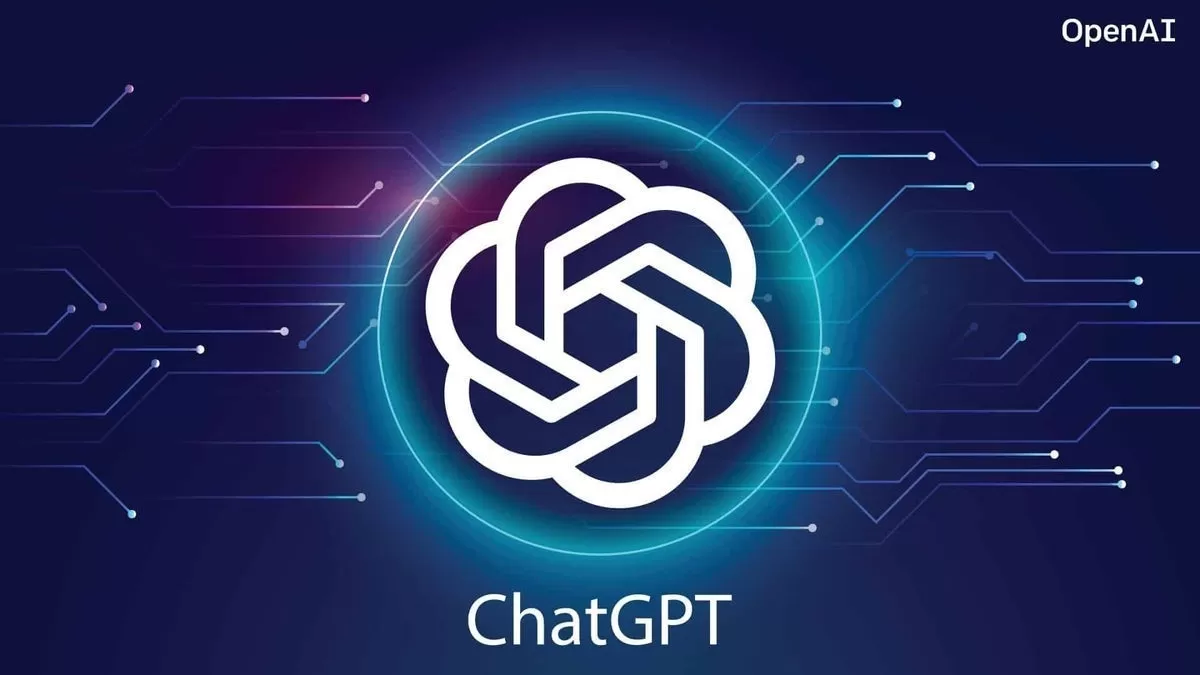The Digital Detox Dilemma: Is Unplugging the Cure for Modern Stress?
AI Meets Finance: The Rise of Automated Wealth Advisors and Risk Engines

Finance is undergoing a seismic shift as generative AI transforms an industry once dominated by human expertise. While Wall Street traditionally relied on analysts and intuition, algorithms now parse earnings calls, predict market movements, and even generate personalized financial plans. The evolution began with robo-advisors like Betterment and Wealthfront, which automated portfolio management for the masses. Today, advanced AI models like GPT-4 and specialized fintech tools are pushing boundaries—drafting tax strategies, simulating retirement scenarios, and simplifying complex financial concepts for everyday investors. For U.S. consumers, this revolution isn’t just about convenience; it’s about democratizing financial tools once reserved for the wealthy. Yet, as AI reshapes 401(k) planning and stock picking, critical questions about trust, bias, and regulation must be addressed.
Hyper-Personalized Wealth Management
AI’s most profound impact is in wealth management, where it replaces hours of manual analysis with real-time, data-driven insights. Traditional financial advisors painstakingly balanced risk and reward, but AI systems now process thousands of data points—market trends, spending habits, even macroeconomic shifts—to craft optimized portfolios. Platforms like Personal Capital leverage machine learning to dynamically adjust asset allocations, pivoting from tech stocks to bonds during volatility or emphasizing ESG investments based on client values.
Tax planning, long a labyrinth of complexity, is also being streamlined. With the U.S. tax code spanning over 70,000 pages, even professionals struggle to navigate it. AI-powered tools scan transaction histories, flag overlooked deductions (such as home office expenses or crypto losses), and project future tax liabilities. TurboTax’s AI, for instance, now identifies audit risks by comparing user data with IRS patterns—a feature that reportedly saved taxpayers $3.2 billion in 2024.
Retirement planning has similarly evolved. Robo-advisors like SoFi incorporate variables humans might miss—regional healthcare costs, Social Security adjustments, and localized inflation trends. A 35-year-old in Texas might receive projections accounting for rising Medicare premiums, while a 50-year-old in California gets alerts about housing market risks impacting their equity.
Empowering Retail Investors
AI is democratizing investing by equipping retail traders with institutional-grade tools. ChatGPT, once a conversational novelty, now serves as an on-demand financial coach, breaking down concepts like Roth IRAs or earnings reports in plain language. According to FINRA, 42% of Gen Z investors used AI in 2024 to decode financial jargon—up from just 12% in 2022.
Stock-picking has also been revolutionized. Platforms like TradeStation’s AI Scanner analyze SEC filings, earnings calls, and social sentiment to spotlight undervalued stocks. Retail investors can now access quantitative analysis once exclusive to hedge funds—identifying, for example, a promising biotech stock before it garners mainstream attention. While AI doesn’t eliminate risk, it cuts through noise, helping users align investments with their goals.
Risks and Regulatory Challenges
Despite its potential, AI in finance isn’t without pitfalls. Algorithmic bias remains a pressing concern: a 2023 SEC report revealed some robo-advisors disproportionately recommended high-fee funds to Black and Latino users, echoing historical inequities. Large language models (LLMs) also pose risks, occasionally "hallucinating" false advice—like fabricating stock listings. In one 2024 case, a Florida investor lost $15,000 after following ChatGPT’s erroneous tip about a "guaranteed" dividend stock.
Regulators are racing to catch up. The SEC’s 2025 proposed rules mandate transparency in AI-driven decisions and bias audits. The EU’s AI Act, enacted in 2024, classifies financial AI as "high-risk," requiring rigorous testing. While these measures aim to protect consumers, gaps persist—particularly for unregulated AI chatbots dispensing unchecked advice.
The Human Touch in an AI-Driven World
AI excels at data-heavy tasks, but human advisors remain irreplaceable for nuanced decisions. A Morgan Stanley study found clients prefer AI for portfolio rebalancing but turn to humans for life-altering choices—like tapping a 401(k) for a child’s education or navigating a divorce. Forward-thinking firms now use AI to handle routine analysis, freeing advisors to focus on empathy and strategy. This hybrid model—AI as a co-pilot, not a replacement—is likely the future of financial advisory.
Conclusion
AI’s integration into finance is unstoppable, offering U.S. consumers unprecedented access to affordable, personalized advice. Yet, as automated advisors become mainstream, users must remain vigilant—cross-checking AI recommendations with trusted sources. Regulators, meanwhile, must strike a delicate balance: fostering innovation while safeguarding against bias and misinformation.Ultimately, AI is a powerful tool, not a substitute for human judgment. Its greatest promise lies in democratizing financial security, whether helping a novice investor pick their first stock or guiding a family toward retirement. With thoughtful oversight and informed use, AI could finally make financial empowerment a reality for all.


The Great AI Copyright War: Who Owns the Outputs?

Digital Twins Are Becoming the Backbone of Smart Cities

Gut Health Revolution: Why the Microbiome Is the New Frontier in Medicine

From Credit Boom to Caution: The Story of Consumer Debt in 2025

Digital Wellness: Finding Balance in an Always-On World

The Rise of Generative AI: How It's Reshaping Creativity and Work

5G and Beyond: The Next Wave of Mobile Connectivity

How Central Bank Interest Rate Shifts Are Reshaping Global Investment in 2025

Are Wearable Health Devices Doing More Harm Than Good?